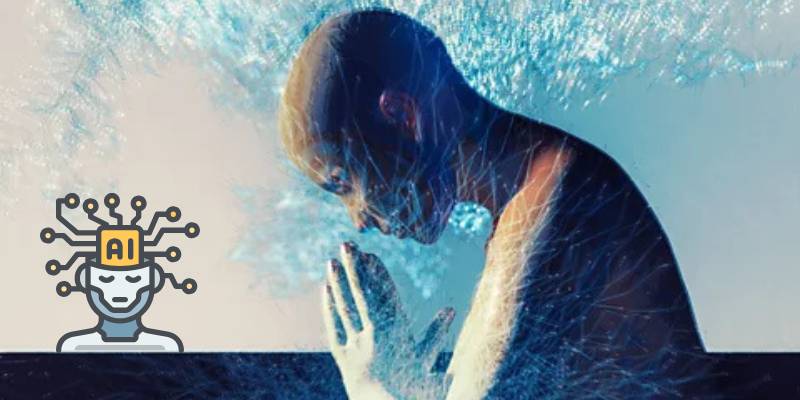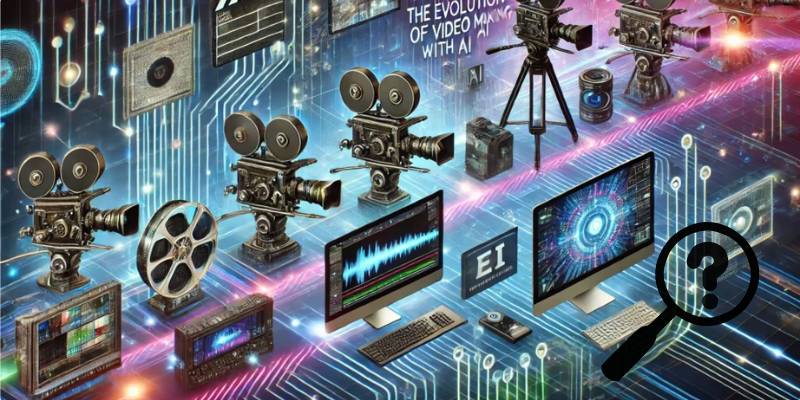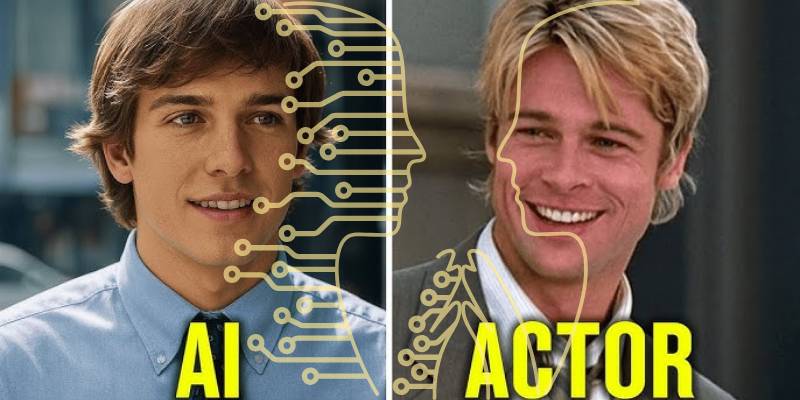Do AI videos lack soul? That’s the question I’ve been circling in my head lately. On the surface, it feels like the answer should be simple: of course they do.
Soul is human, right? It’s in the imperfections, the subtleties, the lived experience an actor or director pours into their work. But when I actually sit with the question, it isn’t quite that straightforward.
AI-generated video is exploding right now. From startups producing training clips to influencers creating bite-sized content, machines are pumping out visuals at a scale we’ve never seen before.
Some of it looks eerily real, some of it is still stiff and uncanny. But behind the technical conversation about quality and speed lies a deeper, more uncomfortable debate—what happens to creativity when it’s filtered through algorithms?
Why People Are Drawn to AI Video
Let’s not ignore the obvious: cost and convenience.
- Traditional video production costs can run thousands of dollars for even a few minutes of footage.
- AI can cut that down to a fraction, using affordable AI software that anyone with a laptop can access.
- Speed matters, too. Instead of waiting weeks for editing, AI videos can be generated in hours.
That’s why businesses, especially startups, are leaning into AI video. They’re saving money, producing more content, and competing with bigger players.
And I get it—I’ve seen small teams that could never have afforded polished media suddenly churn out ads, explainers, and tutorials that look shockingly professional.
But when I watch them, I sometimes feel an odd emptiness. The message is there. The visuals are clean. Yet something feels… absent. Which brings us back to the idea of soul.
What We Mean by “Soul”
I don’t mean soul in the mystical sense, but in the human one. Soul in art has always been about connection—the little flicker that makes you feel something you can’t quite explain.
Think of a film performance that moved you to tears. It wasn’t just the script. It was the trembling voice, the hesitation in the eyes, the vulnerability of a human opening themselves up in front of the camera. That’s what I mean by soul.
So the question becomes: can machines replicate that? Or are they forever limited to mimicry, without the spark that comes from lived human experience?
AI Video as a New Artistic Medium
One counterargument is that we’re judging AI too harshly, too soon. Photography was once dismissed as soulless compared to painting.
Film was once seen as a lesser art than theater. Every new technology in the arts starts by being doubted.
Maybe AI video is simply a new artistic medium, one that we haven’t learned to fully embrace or understand yet.
After all, digital animation was once criticized for lacking warmth compared to hand-drawn illustrations. Today, Pixar films are some of the most emotionally resonant art we have.
Could AI video follow a similar trajectory? Could it evolve into its own expressive form rather than merely trying (and failing) to replicate human performance?
That thought makes me pause. Maybe what feels soulless today could feel soulful tomorrow—if creators learn to use it with intention, rather than just as a shortcut.
The Tension: Art vs Automation
Here’s where the discomfort really kicks in.
AI video sits at the uneasy intersection of art vs automation. On one hand, it democratizes content creation. On the other, it risks stripping art of its human heartbeat.
Let’s lay it out clearly:
| Art | Automation |
| Messy, imperfect, full of feeling | Efficient, polished, repeatable |
| Rooted in lived experience | Rooted in data and algorithms |
| Relies on collaboration and vision | Relies on prompts and parameters |
Neither side is inherently “bad.” But the balance between them will shape what audiences experience in the years to come.
My fear is that if automation wins, art becomes a commodity—measured in clicks and production speed rather than emotional resonance.
Actors vs Authenticity
This is one of the most heated debates in AI video.
Actors bring authenticity because they bring themselves. Their quirks, histories, vulnerabilities—those are not programmable.
Even the best AI avatar still struggles to replicate the microexpressions and spontaneous rhythms of a human performance.
But here’s the dilemma: not every video needs Oscar-level acting. For a corporate training clip, does it really matter if the presenter is an AI avatar rather than a real actor? Probably not. For a short ad, maybe less so.
Yet when AI starts encroaching on storytelling, drama, or film—when the line between actors vs authenticity gets blurred—that’s when the soul question becomes unavoidable.
If audiences know the person they’re watching never existed, will they feel the same emotional connection? Or will they sense the hollowness, even if they can’t articulate why?
The Creative Process: Are We Replacing Creative Vision?
Another layer to this is what happens behind the camera—or rather, behind the keyboard.
Traditional video is collaborative. Writers, directors, actors, cinematographers—they all contribute their visions.
With AI, much of that is condensed into prompts. A single person can generate an entire video with text instructions.
Is that efficiency? Absolutely. But is it also replacing creative vision with algorithmic assembly? That’s where I get uneasy.
Creative vision isn’t just about the final product. It’s about the process—humans negotiating, disagreeing, discovering something unexpected in the act of creation.
AI, by contrast, is about predictability and pattern recognition. It can remix what it’s seen, but it can’t stumble upon a new idea through lived struggle.
That difference matters. Because often, soul comes not from the polished product, but from the messy journey that created it.
Emotional Reactions: Why This Debate Hurts
I’ll be honest—when I watch AI-generated videos, I feel torn. Part of me is amazed at the technology. Another part feels a quiet sadness.
It’s like being offered a meal that looks perfect on the plate, but tastes bland. The ingredients are all there, but the seasoning, the love, is missing.
I don’t think audiences always consciously notice this gap. But subconsciously? They feel it. They might not say, “This lacks soul,” but they might say, “This feels off,” or “I didn’t connect with it.”
And connection is what art has always been about.
Statistical Context
It’s not just me feeling this. Audiences are already picking up on authenticity gaps.
- A 2023 survey by Deloitte found that 67% of consumers said they valued authenticity over polished perfection in brand communication (Deloitte).
- HubSpot reported that “authentic” video content—behind-the-scenes clips, personal stories—had 35% higher engagement than scripted, polished ads.
- Meanwhile, the AI video market is projected to grow from $411 million in 2023 to over $1.7 billion by 2028, according to MarketsandMarkets (MarketsandMarkets).
So we have a paradox: the demand for authentic content is rising, even as the tools making inauthentic-looking videos are exploding in popularity.
A Middle Path?
Maybe the solution isn’t to reject AI video outright, but to find a balance.
- Use AI for efficiency—corporate explainers, product demos, training videos.
- Use humans for resonance—storytelling, emotion-heavy branding, artistic projects.
- Blend the two—let AI handle subtitles, translations, and repetitive tasks, while humans focus on the creative heart.
This hybrid approach acknowledges that AI has strengths, but also that soul is something uniquely human.
My Personal Opinion
If you asked me straight out: do AI videos lack soul? My answer would be yes, at least for now.
I don’t see machines capturing the raw vulnerability of a human performance anytime soon. And honestly, I don’t want them to.
Because for me, soul comes from imperfection, from unpredictability, from humanity bumping up against its own limits.
But—I’m open to the possibility that AI video could grow into something else entirely. Not a replacement for human art, but a new artistic medium with its own language and emotional vocabulary.
We’re not there yet. But who knows? Maybe one day AI will surprise us not by imitating humanity, but by offering a new kind of expression we hadn’t considered before.
Closing Thought
The question “Do AI videos lack soul?” isn’t just about technology. It’s about what we value in art, what we expect from media, and what we fear losing in a world racing toward automation.
For now, I believe AI videos can be useful, powerful, even beautiful in their own way. But soulful? No—not yet.
Because soul isn’t something you generate. It’s something you live. And until machines can live, they’ll always be missing that final spark.


